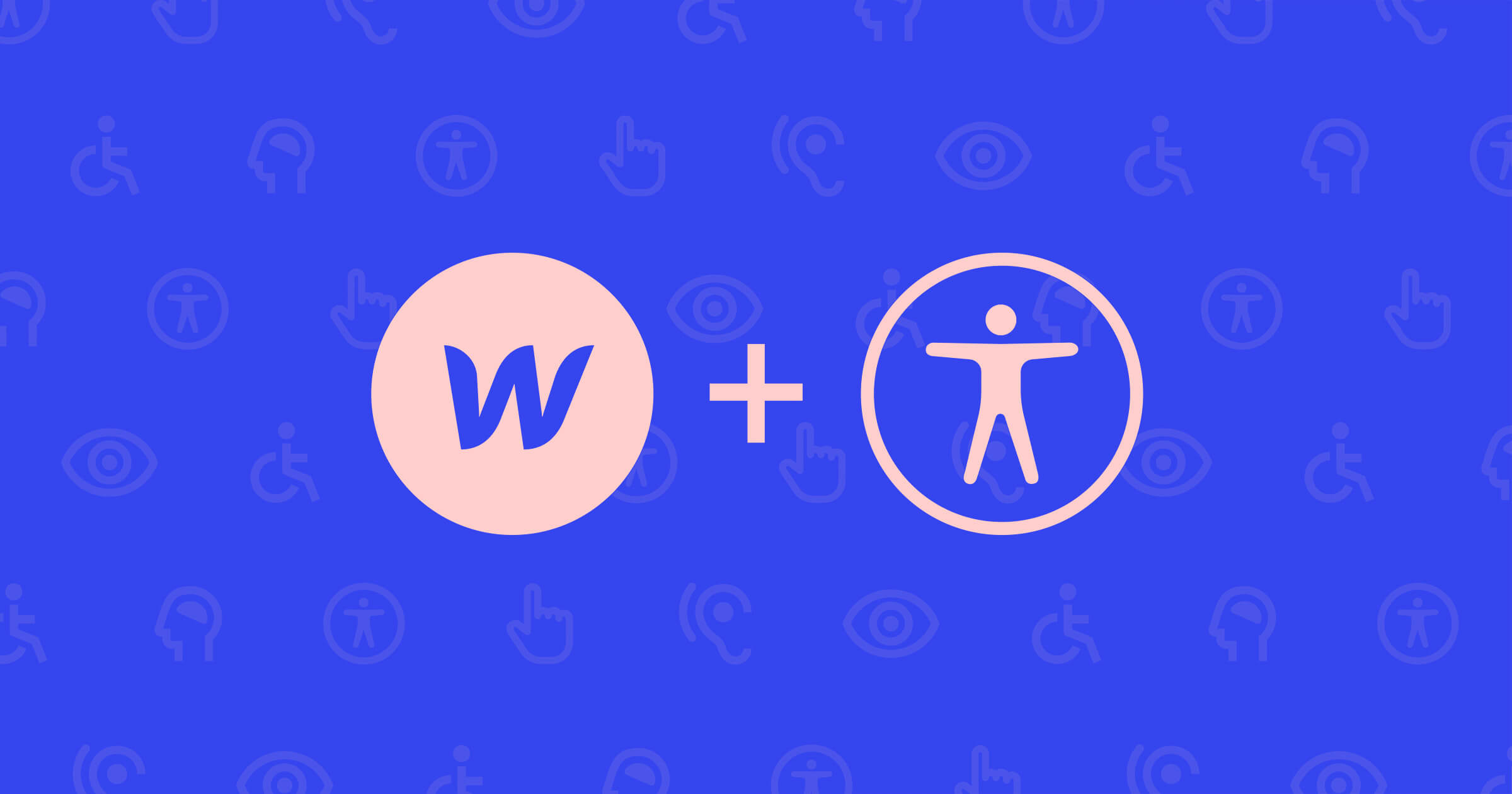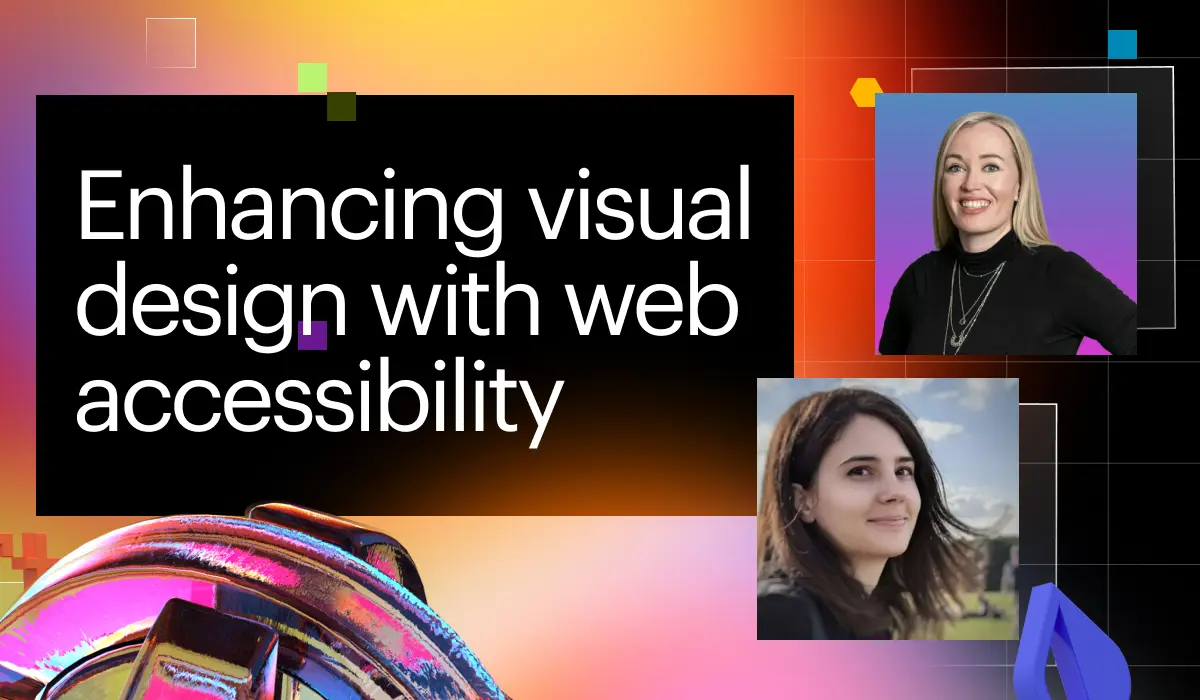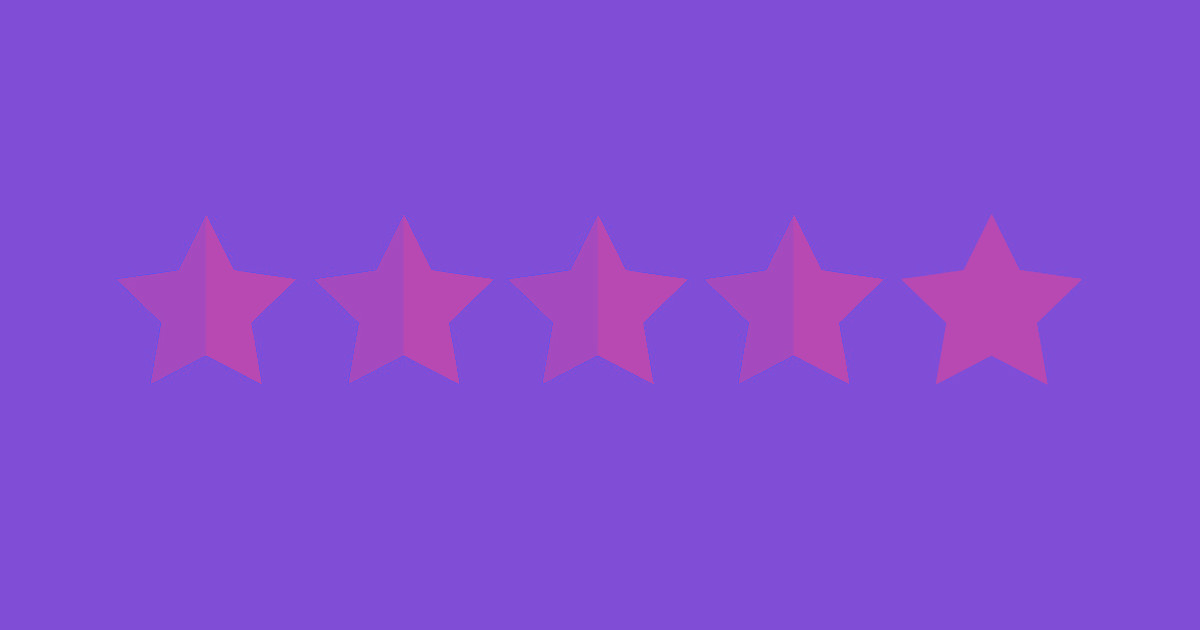Alexa Heinrich realized that there was a noticeable gap in resources for creating accessible social media content — so she created Accessible Social to address it.
Alexa is a social media marketer, graphic designer, and accessibility advocate. When I came across her website, Accessible Social (which happens to be #MadeInWebflow, no big deal), I knew I had to chat with her.
So let’s get to know the person behind the cheeky camel (Accessible Social’s mascot) and learn more about creating social media content for everyone.
It all started with alt text
Alexa explained that while working as a social media marketer, she was tasked with putting images on the company’s homepage and a digital strategist asked her if she was adding alt text to all the images.
“I kind of looked at her like — I don’t know what you’re talking about. So, she explained what it was and I was just really fascinated by the concept.” remembers Alexa, “And I did more research into it because I was like, wait, can you use this for images on social media?”
If this is your first time hearing about alt text: Alt text is written content added to an image that describes the image and the information it's meant to convey. Assistive technology like screen readers rely on alt text to ensure that everyone has access to the content, even if they cannot view the image.
Initially, Alexa struggled to find information that was specific to social media. Most of what she found focused on websites and digital communications.
Digging deeper
Much of Alexa’s social media work has been for educational institutions, so she felt it was incredibly important that everyone have the opportunity to engage with the content the institutions shared.
“I just remember going home and crying because I had this moment of panic thinking that I was creating content that was an obstacle to someone getting a college education because I wasn't making it accessible.”
“So I started doing all this research into what accessibility meant for social media and how it impacted that kind of content,” says Alexa.
Finding solid resources for creating accessible social media content was a challenge. Not only was social media-specific information scarce, what Alexa could find was spread out all across the internet. Alexa was motivated to gather information and write about accessibility. She even started writing a book in 2021 — which she released today and is available on the Accessible Social website — and launched a website as well to share the information she had compiled.
Potato gate put Alexa on the map (or Twitter’s map, at least)
Alexa laughed as she explained how Taco Bell potatoes played into her journey with accessibility advocacy.
“Taco Bell released this video announcing potatoes were back on the menu…they put their CEO in the potato filter…it was cute, but it wasn’t captioned at all.”
Alexa went to Twitter to point out the issue — without captions, the video wasn’t accessible. Other people jumped in to echo the concerns, then AdWeek asked her to write about it.
Within an hour, Alexa wrote the piece and AdWeek published it that same afternoon. Shortly after, Taco Bell re-released the video (with captions) and apologized, saying they were just so excited about bringing potatoes back that they forgot to add captions.
“So apparently [Taco Bell] saw this article and were like, oh no, we messed up…Taco Bell’s PR people were trying to figure out how to contact me and were asking AdWeek, ‘how do we get ahold of Alexa?’....[I thought] I was going to be disappeared into a chalupa bag or something, no one’s ever going to hear from me again.”
Luckily, Alexa wasn’t rolled up into a chalupa and hidden away. But that was the moment she got a little lost in the sauce of accessibility advocacy. It was a turning point in how people viewed her on Twitter — she was the person who made Taco Bell apologize.
Helping people build accessibility into their workflow
In addition to her work as a social media marketer, Alexa runs Accessible Social, writes about accessibility, and travels around to give talks about accessibility. So yeah, you could say she’s passionate about it.
“I just really hate the idea of people taking shortcuts with their content and leaving people out. Why should users with disabilities be left out of a conversation? They have a right to the same information that the rest of us do...it became even more of a mission for me when COVID started because suddenly we were all online and a lot of the information being put out was extremely life or death.”
Alexa uses the Accessible Social website as a resource hub for anyone who wants to create accessible social media content. She even developed a handy checklist for testing your content.
When asked how people could make accessibility a more ingrained part of their workflow, Alexa recommends two things: practice it with your personal social media and make friends with the legal department.
Applying accessibility best practices on your personal accounts makes accessibility a habit, not an additional step. As for legal — “I highly doubt that most people want to fight with lawyers,” said Alexa.
She explains that while many social media people see the legal team as a barrier, they can be your best friend when it comes to accessibility. If you build accessibility into your social media policy and get it approved by your legal team, it prevents inaccessible content from going live — and educates your peers about the importance of accessibility, too.

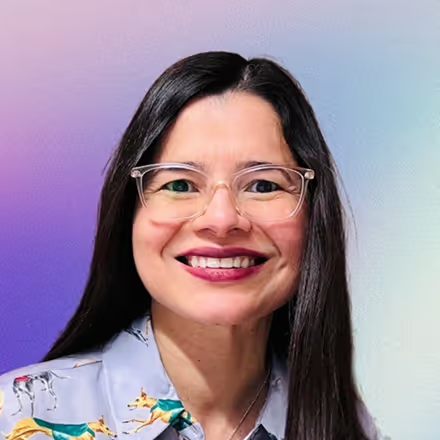







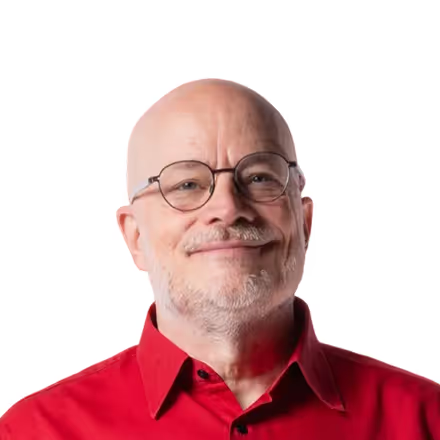


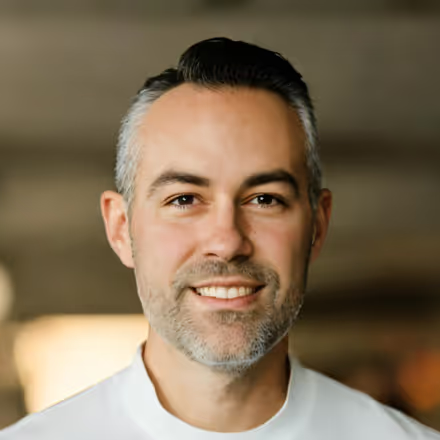




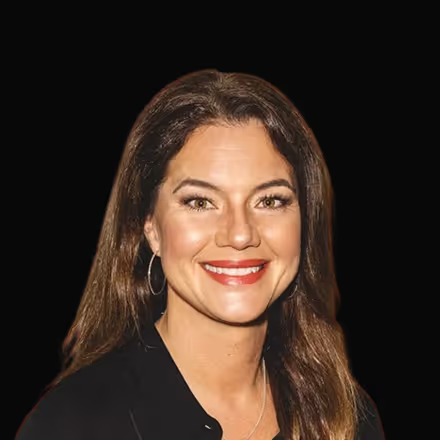

Accessibility at Webflow
Learn about our commitment to web accessibility and how you can build more accessible online experiences.
Accessible content benefits everyone
There’s a misconception that accessibility efforts exist to accommodate only certain groups. The truth is, most people experience some sort of disability throughout their lives, whether it be episodic, temporary, or permanent.
Episodic disabilities like suffering from a migraine or tinnitus (ringing in the ears) could make it difficult to read text or watch a video. Temporary disabilities like an injured hand could affect one’s ability to use a mouse. Permanent disabilities like color blindness make it difficult to read text without the proper color contrast between the words and the background.
“I think accessibility makes you more creative because you get to think outside of whatever box you've put yourself into of ‘how do I do this better?’ So I liked that about Webflow and I liked that about accessibility for social media. It makes you think harder about what you're creating.”
Accessibility is an ongoing effort
Alexa noted that technology is always changing, so we all have to continuously adapt and learn from our mistakes.
“I think one of the best traits that an advocate or ally can have is openness to accountability and adaptability…you have to hold yourself accountable when you screw up.”
And if you encounter inaccessible content — speak up about it. Alexa recommends focusing on educating rather than scolding with messages like “Hey, I noticed you did X, but it’s actually detrimental to people with XYZ disability. In the future, could you do this instead?”
Most importantly, focus on progress over perfection. Keep learning and holding yourself (and others) accountable. And go ahead and follow Alexa on Twitter and bookmark Accessible Social.
Alexa also shared a few other accessibility advocates and experts, be sure to check them out as well!
- Meryl Evans
- Ashlee Boyer
- Erika Boltz
- Nicolas Steenhout
- Sommer Panage
- Joe Devon
- Veronica Lewis
- Frank Elavsky
- Emily Ladau








